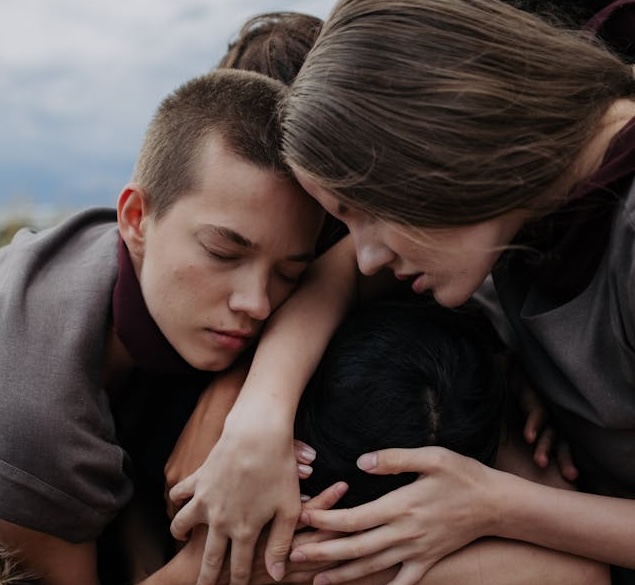
Wildfires pose significant challenges for families and communities. For children, these events can be particularly distressing, disrupting their sense of safety and routine while triggering strong emotional responses such as fear, anxiety, or confusion.
Helping children cope with the stress caused by wildfires requires a comprehensive approach that not only addresses their immediate emotional needs but also equips them with tools to process their experiences and build resilience.
National Child Traumatic Stress Network
In response to the California wildfires, the National Child Traumatic Stress Network has developed resources to help children, families, and communities navigate what they are seeing and hearing, acknowledge their feelings, and find ways to cope together.
- Parent Guidelines for Helping Children Impacted by Wildfires (En Español)
- Wildfires: Tips for Parents on Media Coverage (En Español)
- Simple Activities for Children and Adolescents
- Trinka and Sam: The Big Fire – e-book for young children. (En Español)
- Helping Youth After a Community Trauma: Tips for Educators
- Talking to Children: When Scary Things Happen
- Creating Supportive Environments: When Scary Things Happen
- After a Crisis: Helping Young Children Heal

- Age-Related Reactions to a Traumatic Event
- Helping Teens with Traumatic Grief: Tips for Caregivers
- Helping School-Age Children with Traumatic Grief: Tips for Caregivers
- Helping Young Children with Traumatic Grief: Tips for Caregivers
- Once I Was Very Very Scared (En Español) – children’s book for young children
- Pause-Reset-Nourish (PRN) to Promote Wellbeing (En Español) (for responders)
- How to Talk to Kids About Wildfires (PBS SoCal)
- Talking to Young Children About the Wildfires (PBS KIDS)
- Wildfires: Tips for Caregivers on Media Coverage (National Child Traumatic Stress Network)
- Parent Guidelines for Helping Children Impacted by Wildfires (National Child Traumatic Stress Network)
- Creating Supportive Environments When Scary Things Happen (Center for Resilience + Well-Being)

Psychological First Aid and Skills for Psychological Recovery
The NCTSN also has resources for responders on Psychological First Aid (PFA; En Español). PFA is an early intervention to support children, adolescents, adults, and families impacted by these types of events. PFA Handouts include:
- Parent Tips for Helping Infants and Toddlers (En Español)
- Parent Tips for Helping Preschoolers (En Español)
- Parent Tips for Helping School-Age Children (En Español)
- Parent Tips for Helping Adolescents (En Español)
- Tips for Adults (En Español)
For community and mental health providers who plan to continue working with affected communities long-term, review Skills for Psychological Recovery (SPR; En Español) and take the SPR Online course.

How can you help a child who has experienced a traumatic event? Read this CHC expert article to learn what you can you do to minimize their fears.
Mobile Apps
- Help Kids Cope
- PFA Mobile
- SAMHSA Behavioral Health Disaster Response App
- Supporting Firefighter Families
- Bounce Back Now (En Español)
Available from the Center for the Study of Traumatic Stress at the Uniformed Services University and other partners:
- Sustaining the Psychological Well-Being of Caregivers While Caring for Disaster Victims
- Safety, Recovery and Hope after Disaster: Helping Communities and Families Recover
- Leadership Communication: Anticipating and Responding to Stressful Events
Disaster Helpline
SAMHSA has a Disaster Distress Helpline – call or text 1-800-985-5990 (for Spanish, press “2”) to be connected to a trained counselor 24/7/365.
View additional resources about what to do during and after the fires.
Excerpted from “How to help children manage stress caused by California wildfires” on the Childcare Resource Center website. See the full post for additional resources.
Source: Childcare Resource Center | How to help children manage stress caused by California wildfires, https://www.ccrcca.org/parents/strengthening-families-blog/item/how-to-help-children-manage-stress-caused-by-california-wildfires | © Copyright 2025 CCRC


